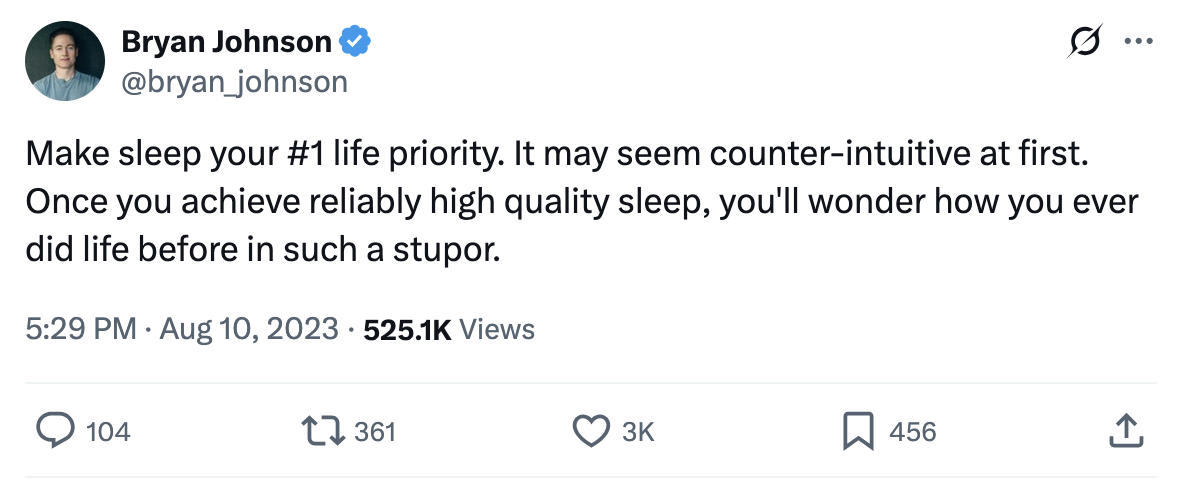Ankritic Activities
In the book Four Thousand Weeks, Oliver Burkeman introduces a dilemma:
We spend our days pursuing various accomplishments that we desire to achieve. And yet for any given accomplishment [. . .] it’s always the case that either you haven’t achieved it yet, so you’re dissatisfied because you don’t yet have what you desire, or that you’ve already attained it, so you’re dissatisfied because you no longer have it as something to strive for. (Ch 9, 26:30)
This problem is often called “Schopenhauer’s Dilemma”, after the philosopher who first noticed it. And it has real practical/psychological consequences. As Kieran Setia aptly puts it:
[Focusing on achievements] “is auto-subversive, for its whole purpose and project is one of self-annihilation”. That is the problem with being consumed by plans, obsessed with getting things done. If your sources of meaning are overwhelmingly telic [i.e. goal-oriented], then whatever their value – final, existential, ameliorative – they are schemes for which success can only mean cessation. It is as if you are striving to eradicate meaning from your life, saved only by the fact that there is too much of it or that you keep on finding more. (Midlife, Ch 7 13:20)
Setia’s solution is to recommend focusing on what he calls atelic actions, i.e. non-goal oriented activities.
Some activities are telic, they aim at terminal states at which they are finished and thus exhausted. [. . .] Driving home is telic. It is done when you get home. So are projects like getting married or writing a book. These are things you can complete. Other activities are atelic. They do not aim at a point of termination or exhaustion, a final state in which they have been achieved. As well as walking from A to B, you can go for a walk with no particular destination. That is an atelic activity. So is listening to music, hanging out with friends or family, or thinking about midlife. You can stop doing these things, and you eventually will. But you cannot complete them. They have no limit, no outcome, no achievement which exhausts them and thus brings them to an end. (Midlife, Ch 7, 12:00)
Spending a meaningful portion of one’s time doing atelic activities might in fact be the way to escape Schopenhauer’s dilemma – to avoid either feeling frustrated that you don’t have what you want or bored that you don’t know what to do, while still doing something that you find enjoyable and/or meaningful.
But I think this only solves the philosophical part of the problem, not the practical one.
For the vast majority of people, spending most of one’s time on telic activities is unavoidable. One works to make money. One cooks to eat. One exercises to stay healthy. One bathes to get clean. One talks to one’s children to raise them. A basic American life has more goals and aspirations than there is time for.
But an exhaustive focus on goals, projects, and achievements, is – well – exhausting. It wears us down not only because telic activities destroy the meaning they create (i.e. Shopenhaur’s dilemma). But also because they foster a habit of constantly judging oneself. If almost everything you do is in service of certain goals, you automatically begin to evaluate all your time with respect to those goals, with respect to how much it moves you towards or away from them.
But atelic actions aren’t much better. We can (and often do) judge ourselves for how we do atelic things. To use Setia’s examples:
-
You can do a bad job listening to music (if you’re not paying attention to it, if you use cheap headphones, if you don’t get rid of background noise, etc)
-
You can do a bad job hanging out with friends/family (if you gossip, don’t let others speak, or bring up politics or religion, etc).
-
And you can do a bad job thinking about midlife (if you let your mind wander, if you do it while drunk, etc).
The fact that these activities are never “complete” or “finished” doesn’t change the fact that you can make a total mess of them. And a mind that’s been primed to excessively focus on goals will be worrying about doing just that.
I struggle to turn this part of my brain off. I am always trying to do everything well and it’s frankly exhausting.
I know I’m not alone in this. In the extreme example: people give themselves insomnia because they want to do sleep well. They want to literally “achieve” high quality sleep.

Because of this, there is a whole literature on “sleep efforts” and how they cause or exacerbate insomnia, e.g. [0], [1], [2].
This is the practical side of Schopenhauer’s Dilemma. For this problem, there’s a class of activities better than atelic activities. They are activities for which there is simply no point in judging oneself. Examples include: taking a shower, watching a movie, reading fiction, reading the news, drinking an old fashioned, sitting in the sun, etc.
Since we’re giving things Geek names, let’s call these ankritic activities (from the Greek “an-“ meaning “without” and “krisis” meaning “judgment”).
Ankritic actions aren’t necessarily atelic. Many (most?) of these actions have a goal associated with them. One showers to get clean, sits in the sun to get warm, watches a movie to be entertained, reads the news to be informed, drinks an old fashioned to relax, etc.
The important thing is that one can’t reasonably be judged for how one does such things. It’s hard to imagine thinking someone doesn’t shower, or sunbathe, or read the news, or drink well. The activities are either so trivial, or so inconsequential to most adults as to not merit judgement by anyone – not even oneself.
I’ve found that having a stockpile of ankritic activities that I can fallback on is an effective way of actively resisting the habit of self judgement that a goal-oriented life can easily create.